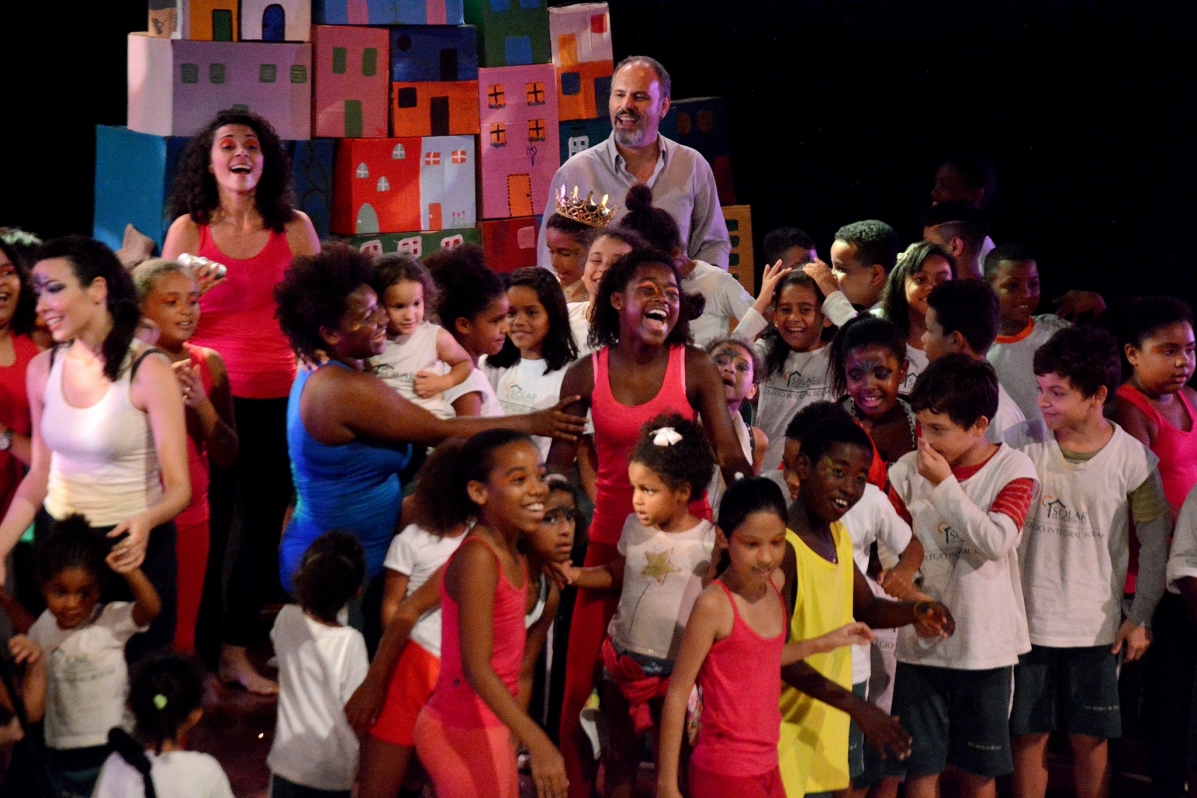
Stories Talk | Presentation Skills and Effective Storytelling
Stories Talk | Presentation Skills and Effective Storytelling
By Mia Kollia
Translated by Alexandros Theodoropoulos
Sotiris Karamesinis is a director, musician and researcher. By combining studies in music with research in ancient Greek tragedy and the ancient actor, he created the international “Musical System of Acting” (MUSA @2008) and introduced music as a fundamental element and a catalyst for action in the education and creative action of acting.
Since 2008, he’s directed theatrical plays of Euripides, Jean-Paul Sartre, Oscar Wilde, Jean Anouilh, Eugène Ionesco, Graham Greene, Harold Pinter, Howard Barker, Ignacio del Moral etc.
From 2008 to 2017 he lived in Rio de Janeiro where he mainly directed ancient tragedies as well as developed and taught his method in drama schools and seminars. He taught in a lot of international theatre workshops like the Pan-Latin American meeting for the teaching of drama in Blumenau of Brazil (2014), the 1st international ancient drama school “Lyceum of Epidaurus” (2017), MUSA and Korean theatre “Pansori”, and researched the relations between Korean theatre and ancient Greek tragedy in collaboration with the secretariat of Culture of South Korea – Seoul (2018).
Since 2017 he’s taught MUSA in the Drama School of Art Theater “Karolos Koun” and he has worked together with vocalist vocal coach Aggeliki Toumpanaki, for the production of plays and the education of actors/performers. Together they’ve established non-profit corporation “MOUSA”.
Sotiris Karamesinis lived in favela Vidigal of Rio de Janeiro for 8 years. There, he became the first foreign director to work with innovative theatrical group "Nós Dο Morro", a globally well-known group which included kids and young actors that have starred in award-winning film “City of God” (2002) by Fernando Meirelles. Also, he taught and directed “The Bacchae” by Euripides in parallel to a long-lasting education of his group in MUSA.
More collaborations and plays followed later, until 2013, when he founded theatre corporation “Musa cia Teatral” consisted by some of his former drama students and some of his colleagues.
Together with his team and in collaboration with MKO “Solar meninos de Luz” they established a volunteer and original educational program of “school theatre” for hundreds of children and teenagers in the favelas of Cantagalo Hill in Rio de Janeiro.
Since then they have managed to perform a lot of plays, to produce short films, to win awards and honours for their work and to travel along with their plays.
https://www.youtube.com/watch?v=jrP8gFU4OAs
In the theatrical lessons almost 200 children participate every year. In 2020, the first teenagers graduated after having been taught 6 years of theatre in the school. Most of them continue to work and participate in plays of the school. The team partners with three universities and accepts students to do their internships or conduct their dissertations in theatrical education. The artistic activities of the school are nothing less compared to the most expensive private schools of the country.
Sotiris and his team lead with their experience and knowledge and help other educators too that are interested in methods of success through workshops and seminars.
The theatrical lessons of 2016 and the preparation for the stage with a team of 20 children of the third, fourth and fifth class of primary school, was the topic of the documentary film “Happy Princes” by Panos Deligiannis, produced by Argiris Papadimitropoulos.
The film premiered at the 20th International Documentary Festival of Thessaloniki in 2018 and since then, it has earned multiple awards and honours in national and international festivals in all over the world. (227) Príncipes Felizes - Happy Princes - Ευτυχισμένοι Πρίγκιπες [trailer] Panos
Deligiannis-2018 - YouTube
A few words for the film: “The Happy Prince” by Oscar Wilde is the play that they plan to perform and will be the cause of unprecedented alterations made by the theatre in the way these young people see themselves, their ghetto and their manifold city.
A city which walks the line between mindless violence and frenzied fiestas while at the same time, the young heroes of the documentary walk the line between the theatrical dream and a harsh reality.
A fairy tale, with allegoric symbolism, that bridges the gap between theatre and reality. In the imaginative city of the film and in real Rio, two statues loom over the place and observe life from the top as well as social inequality, poverty, marginalisation and injustice; the statue of the Happy Prince and the statue of Christ the Redeemer. The film depicts children’s and teachers’ thoughts, feelings and the journey of experiences that lasts for a school season and is summarised in a diary.
A few days before the play and as Rio is getting prepared to welcome the new year and the next carnival, young and old protagonists unfold personal moments of a year full of theatre, reach their journey destination from favelas to shining Rio, experience the hectic preparations of the premiere, the heartbeat of the backstage and the anxiety before the applause.
The realistic recording and the representation of moments from the children – actors and their families, create a mixture of writing that makes the whole film a cinema game where boundaries between incidents and representation are lost.
The film itself becomes a way of expression that expands the theatrical experience of the children, making them the topic and performers of their selves and their lives, simultaneously.
#HISstory
